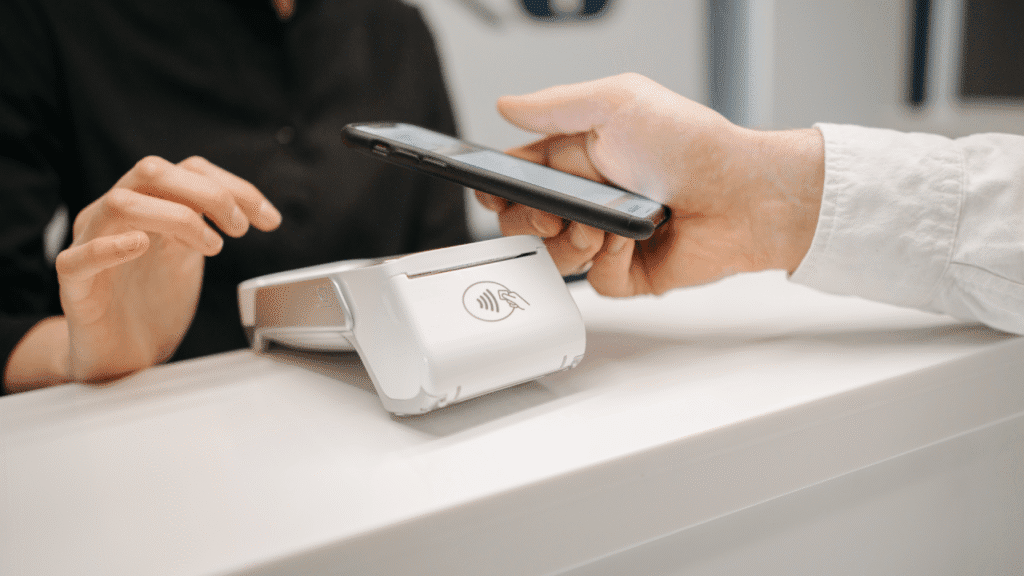The UAE has long been a country known for its rapid growth and modern innovations. Recently, the nation has been making headlines for its strong push toward becoming a cashless society. With a vision to revolutionize the way people conduct transactions, the UAE is embracing digital payments and innovative technologies, leaving cash behind. But what does this push mean for residents, businesses, and the economy at large? Let’s explore how the UAE’s move toward a cashless society could reshape the nation and its economy.
The Rise of Digital Payments in the UAE
Digital payments have grown tremendously across the world, and the UAE is no exception. From mobile wallets like Apple Pay and Samsung Pay to local systems such as the UAE Pass and NOL cards, the country is rapidly adopting technology for seamless transactions. Whether you are paying for a cup of coffee, shopping online, or even settling your utility bills, cashless payments have become the norm.
A major driving force behind this growth is the UAE government’s strategic plans to encourage digital payments. In 2020, the UAE Central Bank introduced a digital payment platform called “Instant Payment,” which allows real-time money transfers. This system is aimed at reducing reliance on cash, improving financial transparency, and increasing the speed of transactions. The country’s infrastructure, including mobile networks and internet access, is also helping create a perfect environment for a cashless economy to flourish.

Benefits of Going Cashless
There are several advantages to a cashless society, especially for residents of the UAE. One of the most notable benefits is convenience. Using digital payment methods means there’s no need to carry cash or worry about having enough change. With mobile apps and cards, making transactions is as easy as a tap or a scan. This convenience extends to businesses as well, as they can process payments faster, reducing wait times for customers.

Moreover, a cashless society provides an added layer of security. Physical cash can easily be lost, stolen, or damaged, but digital payments come with strong encryption and security measures. This means that transactions are safer for both consumers and businesses. For example, in the event of fraud or unauthorized access, it’s much easier to track digital transactions compared to cash exchanges.

In addition, going cashless can improve the efficiency of government services and tax collection. With digital payments, the government can more easily monitor transactions and prevent financial crimes like tax evasion. As the country aims to diversify its economy and reduce reliance on oil, embracing cashless transactions could help the UAE build a stronger, more resilient financial system.
UAE’s Vision for the Future
The UAE has a clear vision for its future, one that includes a fully digital and cashless economy. The government’s plans to reduce cash transactions are part of the broader vision outlined in the UAE’s National Innovation Strategy and its goal to become a global leader in technological advancements. By 2030, the government hopes to see a drastic reduction in cash usage and an increase in the adoption of digital payment solutions.
This shift aligns with the country’s focus on smart cities and the broader push for digital transformation in all aspects of life. Dubai, for example, has already implemented various digital services, including cashless parking, digital tolls, and even blockchain-based systems to track property ownership. The UAE government is also investing heavily in fintech startups, creating a vibrant ecosystem for innovation in the financial sector.
Challenges and Concerns
While the push toward a cashless society offers numerous benefits, it does not come without its challenges. One concern is the digital divide, as not all residents have access to smartphones or bank accounts. Although mobile payments are growing, there is still a portion of the population, particularly older individuals and those in remote areas, who may struggle to adopt digital payment methods.
Privacy and data security are also significant concerns. As digital transactions increase, so do the risks associated with personal data breaches. Ensuring that sensitive information is protected from hackers and misuse is crucial as the UAE moves toward a more digital financial landscape.
Additionally, cashless payments can sometimes exclude individuals who prefer or rely on cash for various reasons. Whether due to a lack of familiarity with technology, limited internet access, or simply a cultural preference for cash transactions, some people may feel left out as cash becomes less common.
The Role of Businesses and Entrepreneurs
Businesses, both large and small, play a key role in driving the UAE’s transition to a cashless society. For many businesses, adopting digital payments can open up new opportunities. It allows them to expand their customer base by offering a variety of payment methods that cater to the growing number of tech-savvy consumers.

Small and medium-sized businesses (SMBs) also stand to benefit from a cashless economy. Digital payment solutions make it easier for SMBs to accept payments, track sales, and manage finances. For entrepreneurs, the push toward a cashless society presents an opportunity to innovate, offering new services and solutions to meet the needs of consumers.
However, businesses must also be prepared for the challenges of transitioning to a digital-only payment model. They need to invest in technology and train staff to handle digital transactions effectively. Additionally, businesses must consider the costs associated with adopting digital payment systems, such as transaction fees and investment in infrastructure.
How the Shift Impacts Residents
For residents, the shift toward a cashless society has both positive and negative aspects. On the one hand, digital payments make everyday transactions easier and more efficient. From sending money to friends and family to paying bills and shopping, the convenience factor is hard to ignore. Plus, the ability to track expenses and manage budgets through mobile apps can help individuals stay on top of their finances.
On the other hand, some people may feel uncomfortable or left behind by the digital transition. For those who are not as tech-savvy or those who have limited access to digital devices, moving away from cash could create obstacles. In these cases, education and support will be crucial in ensuring that everyone can take part in the cashless economy.
Looking Ahead
The UAE’s push toward a cashless society is undoubtedly a bold step forward, aligning with its broader vision of technological innovation and modernization. While the transition to a fully cashless economy will take time, the benefits of greater convenience, security, and efficiency are undeniable. As the government, businesses, and residents work together to embrace digital payments, the UAE is setting the stage for a future where cash is no longer king. Whether or not the country achieves its goal of becoming a completely cashless society by 2030, it’s clear that the UAE is leading the charge toward a digital-first financial world.
Also read: How AI Is Quietly Transforming Life Across the UAE Today














